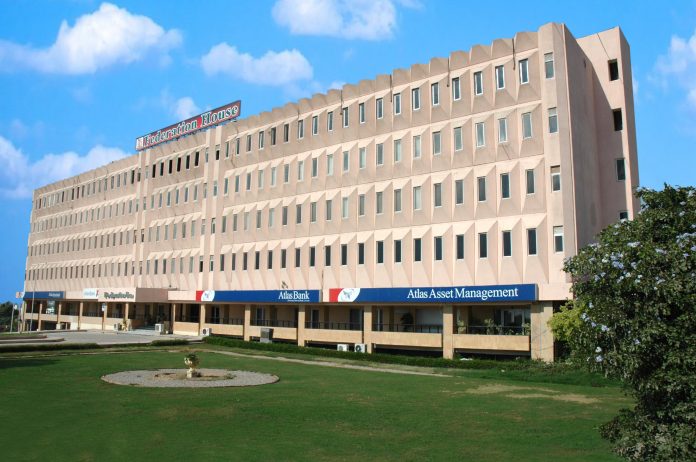ISLAMABAD: The Federation of Pakistan Chambers of Commerce and Industry (FPCCI) as a national chamber has lost its credibility to represent the business community and resolve their problems, as individuals are using the apex for their vested interests.
Pakistan’s top economist and former Director General (R&D) of the FPCCI Dr Ayub Mehar, in his write up, ‘Steep Deterioration in FPCCI’ pointed out that the apex trade body does not have consistent economic policies; and the office bearers are working for their own interests instead of national interest.
He further noted that the other national chambers across the world are playing a major role in globalisation; economic policies; formulations, and in economic diplomacy. However, the role of FPCCI is negligible and the institution is facing rapid deterioration which can be depicted by their absence in formulating national policies.
The report said that the federation committees on Ease of Doing Businesses showed an extremely non-serious attitude and there was no progress in the previous year (2017); though the idea behind establishing the committee in the FPCCI is to work on policies for a better working environment in the economy while making recommendations to the concerned government institutions for taking necessary measures.
Another serious concern that has been highlighted in the report is that the committee on China-Pakistan Economic Corridor (CPEC) at the national chamber has failed in showing any performance regarding the interest of the country. However, the government and FPCCI have signed an MoU for public-private partnership in order to promote economic zones through industrial activities at the CPEC routes. It was aimed that the participation of FPCCI in CPEC project would ensure transparency in all relevant activities, and to manage the economic zones effectively for further trade and investment.
Dr Mehar said that 40 per cent strategic shares of the Pakistan Stock Exchange (PSX) have been sold to the Chinese consortium, implying that the majority of its board members may not be Pakistanis. Hence, recommendations by FPCCI for listing on PSX has now become ineffective. He further added that there is no voice or official statement from FPCCI on these most important economic issues while CPEC committee is no longer effective in FPCCI.
In fact, Pakistan has failed in implementing the European Union (EU) conventions; and faced embarrassment during the meeting with the EU. Even the national chamber did not prepare its advocacy stance for the compliance of GSP Plus status. FPCCI had established an EU Desk for the continuity of GSP Plus but a lackluster performance has prevented the country from making and executing sound macro-economic policies.
The report mentioned that no president or office bearer at FPCCI attended the Wilson International Center for Scholars director forum where the US had discussed global economic trade policies and strategies. The report said, “The Wilson is the same forum which published a comprehensive report on the capacity of the chambers of commerce in Pakistan in 2009, and it contributes in the capacity building of CIPE and the trade bodies in Pakistan.”
Another embarrassing moment for Pakistan; during the meeting of Economic Cooperation Organization Chambers of Commerce and Industry (ECO-CCI) at Islamabad in 2017; the TOBB president Rifat Hisarciklioglu said, “I was not expecting such a poor performance from Pakistan.” The report added, “It is notable that a consensus among the ECO member countries on the leading and constructive role of Pakistan was developed in 2015-2016 and it was highly expected that permanent headquarters of ECO-CCI will be established in Pakistan.” Previous year’s performance has therefore led the headquarters of ECO-CCI to be established in Istanbul, Turkey.

























